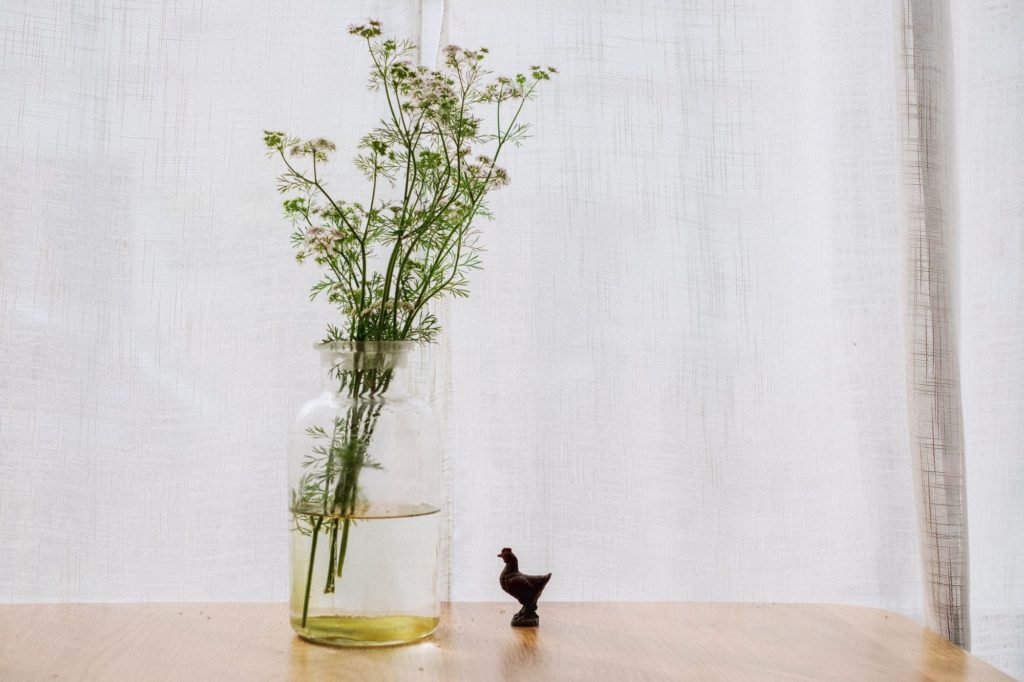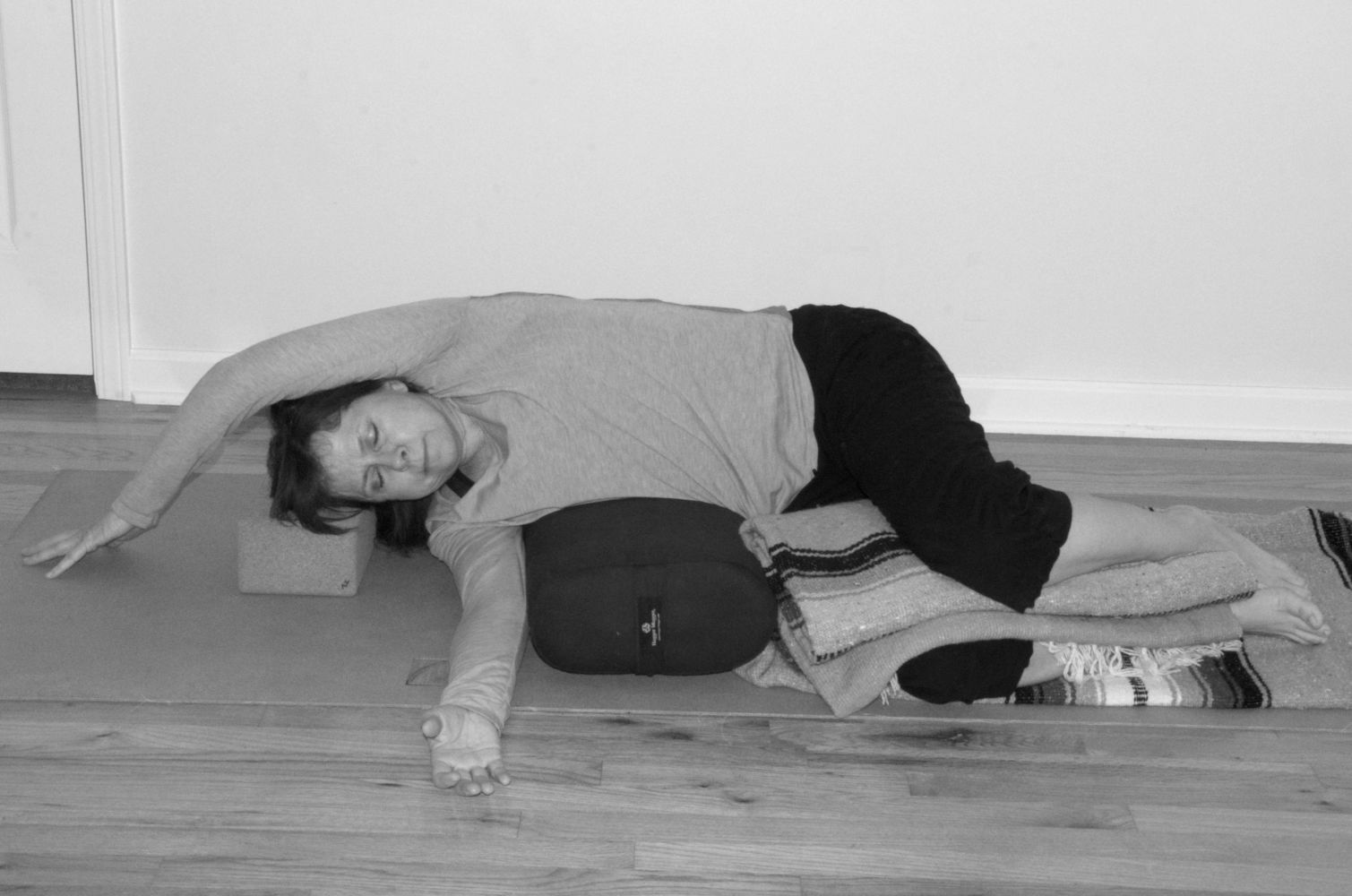Like many preschoolers, my sons used to gather little bits of rock and branch to bring home with them. We had “leave nature with nature” on repeat. And yet, laundry day would reveal pockets full of little treasures: acorn caps and strands of moss, smooth stones and prickly pine cones, little bits of stem and petals. The habit may frustrate or captivate parents, but it turns out, all those little collectors are on to something. Current scientific research is validating the health and wellness benefits of bringing a little nature home with us.
Bring in the plants.
Houseplants have been the subject of research since 1989, when NASA found that certain plant species clean the air of indoor pollutants. Turns out, they benefit more than our lungs! A more recent study found that indoor plants and flowers altered the experience of recovery after surgery, lowering systolic blood pressure and self-reported ratings of pain, anxiety, and fatigue. Indoor plants have also been linked to lowered stress and increased productivity in work environments. Want to improve indoor air quality, reduce your experience of anxiety or fatigue, lower your stress, or increase your productivity? Get some plants!

Black thumbs represent! (Representative nature, that is).
Can’t keep green things alive? You may not need to bring living things into your living space to experience some of the benefits of nature exposure. Researchers have found that, under stress, viewing photographs of green spaces has a restorative effect. Participants who viewed green nature photographs after a stressful event activated their parasympathetic response, relaxing and recovering more quickly. In another study, smokers who viewed nature imagery consumed fewer cigarettes while completing a stressful task. While being outdoors in natural environments has a more dramatic effect on stress recovery, representative images of nature have a similar, though lesser, beneficial effect. The images used were far from majestic, so a few snapshots of your last walk, or park visit, may be enough to jumpstart that parasympathetic response. Researchers hope natural images may provide a strategy to prevent chronic stress and stress-associated diseases.
Go on a sensory diet.
Many of us have unintentionally gone on a sensory fast, but evidence suggests we should be planning our sensory experiences as carefully as we might plan our meals. Research on the health and wellness benefits of nature suggest that the positive effects correlate with the sensory experience of being outdoors. The sensory stimulation – the sounds of wind rustling leaves, the scent of earth after a light rain, the textures of wispy grasses or soft sand – contributes to an experience that transports us into a restorative response. Perhaps these experiences are what those preschool collectors are attempting to stuff into their pockets. Recreate it by activating the senses, and (according to one recent study that examined the effects of outdoor visual, auditory, and olfactory stimuli) by prioritizing scent. But, step away from that artificial room fragrance that isn’t going to fool your nose or brain. Focus on real scents: a small indoor herb garden, an essential oil diffuser, freshly cut flowers, or sliced citrus simmering on a stovetop. Auditory experiences came in a close second, so bring in those sounds. *Consider a small tabletop water fountain or a recording of waves on the shore.* And just because researchers haven’t gotten around to studying the senses of touch or taste in nature doesn’t mean you should leave those out of your diet. Go for a well-rounded, sensory experience, just as you might try to eat a rainbow of fruits and vegetables each day.
Leave your pockets empty.
Turns out that you can “leave nature with nature” and still reap the rewards. Bringing nature indoors is as easy as adding a plant to your desk, changing your screensaver to a photo of your favorite green space, and literally stopping to smell the roses you’ve placed in a vase.















